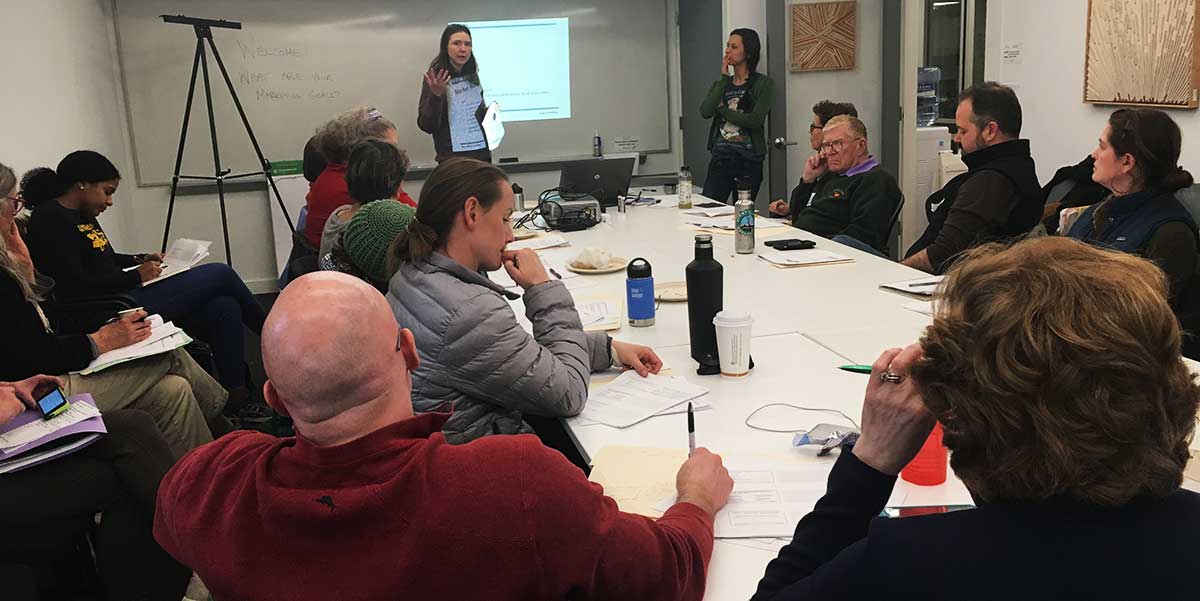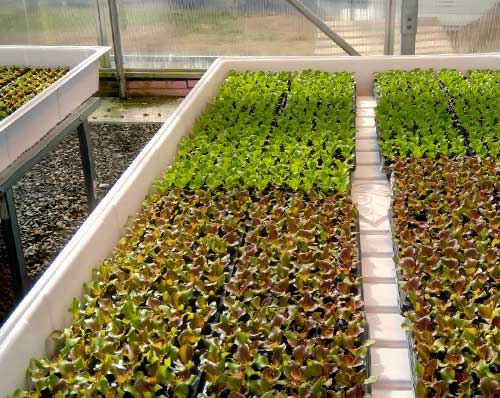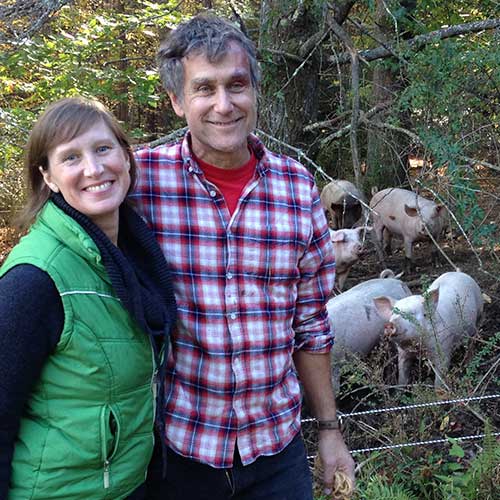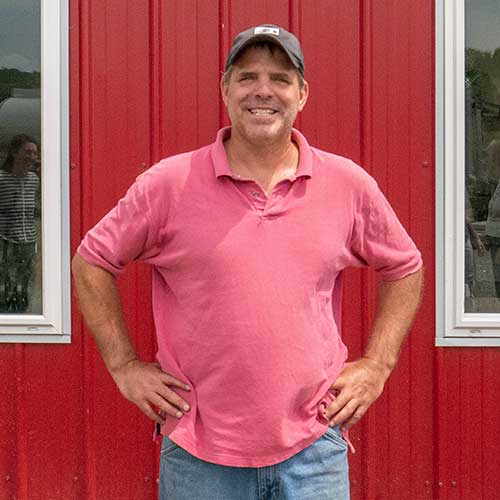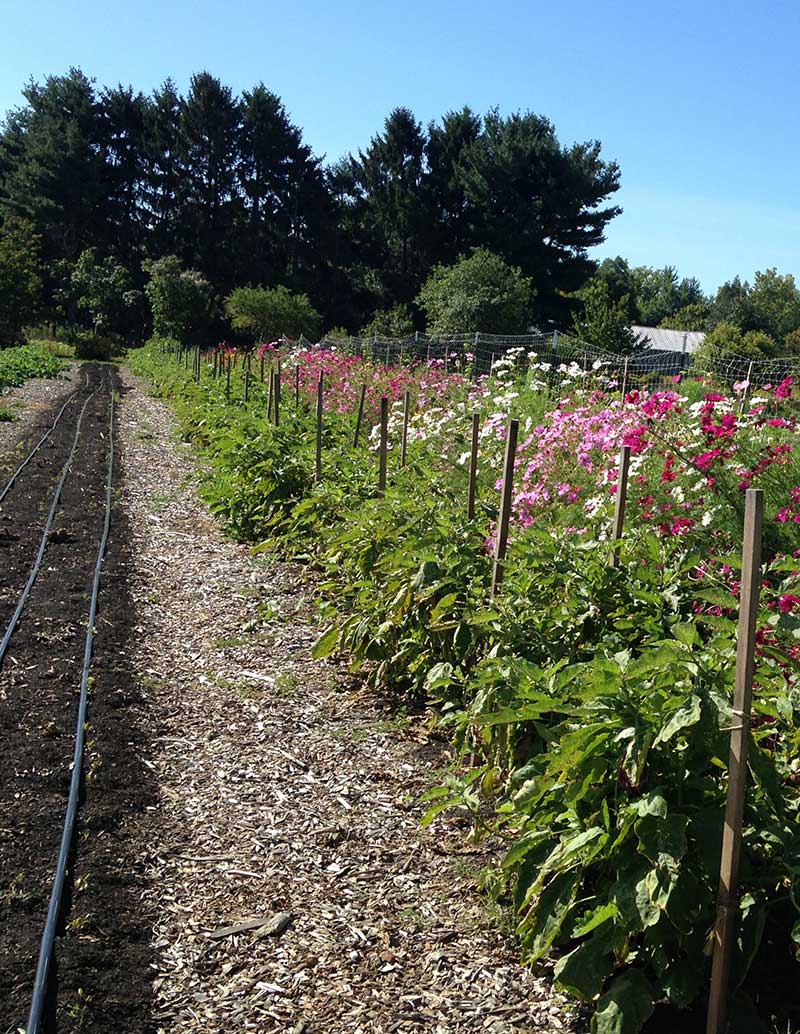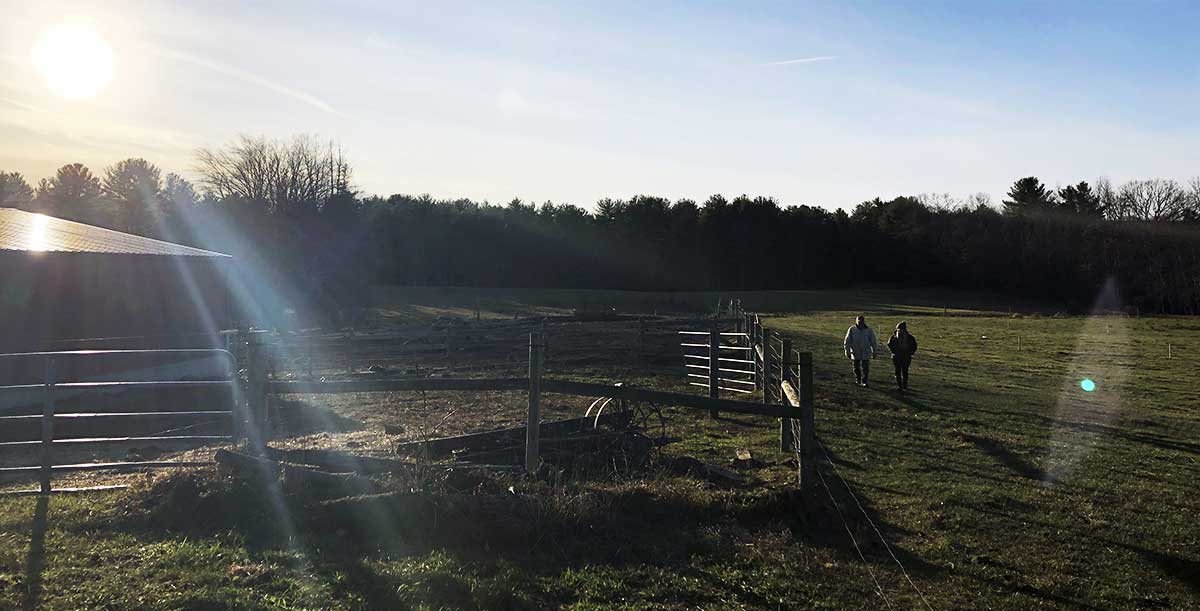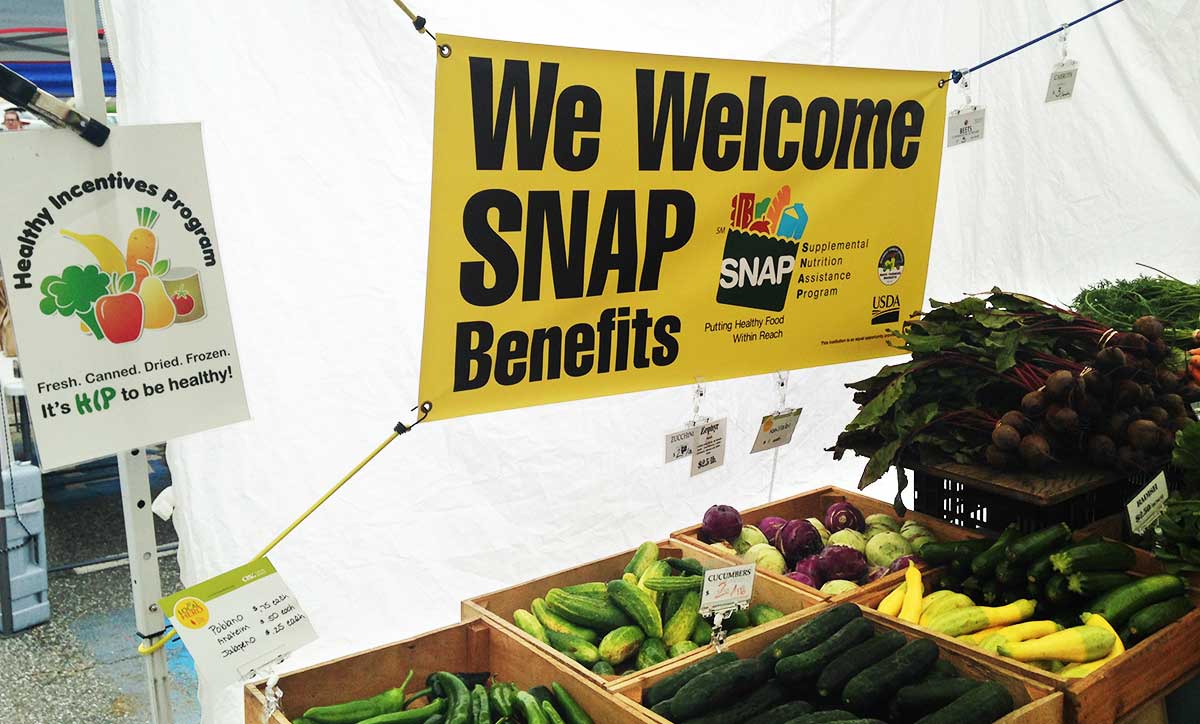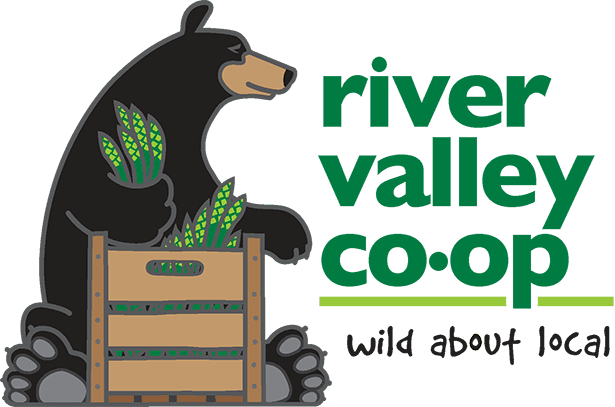Greetings during this challenging time.
At the time of this writing, the spread of COVID-19 is shaping the coming year for CISA, the farms and businesses we work with, and our entire world in unexpected and still undetermined ways. This crisis has required a sudden shift in our priorities as we work to limit disruption to our local food system, especially small local businesses and the most vulnerable members of our community.
Still, this Annual Report gives us an opportunity to share the results of our work in 2019, and reflect on how the foundation we’ve laid will guide us. We spent the final year of the decade solidifying our work and looking to the future. We grappled with the complicated issues that will shape our local food system and guide our work for the years to come.
We have a long track record of building connections between our local communities and local farms, and of providing training and support to help farm businesses grow and navigate obstacles. As we move into a new decade, farm viability remains core to our work. At the same time, we have deepened our understanding of how intractable social issues like climate change, racism, income inequality, and immigration policy intersect with our local food system.
The local food system we’re building here must not be a microcosm of the troubled global food system, but rather a resilient and diverse local food economy where farms are viable, working conditions are fair and just for owners and workers, the environment is respected, and locally grown food is available for all.
We are glad that the groundwork we laid in 2019 is solid enough to guide our work and thinking about the future, even as we adapt that thinking to include the impacts of a pandemic. Please read on for a snapshot of our work in 2019 and how we’re looking ahead.
Respectfully yours,


Al Griggs
CISA Board President


Philip Korman
Executive Director

